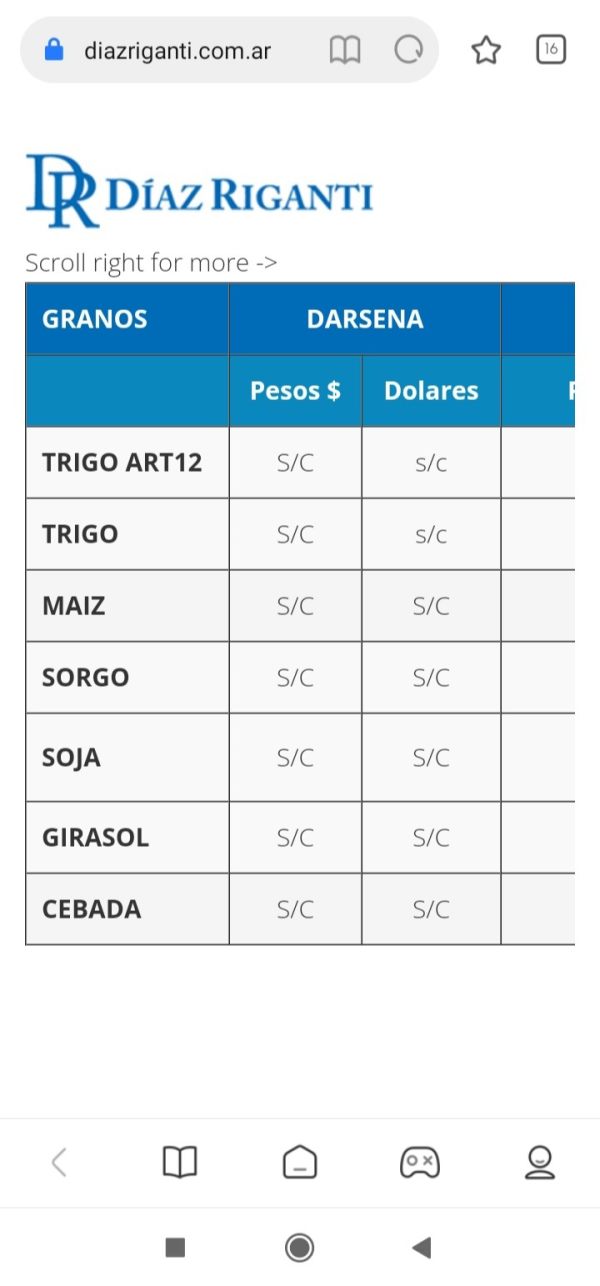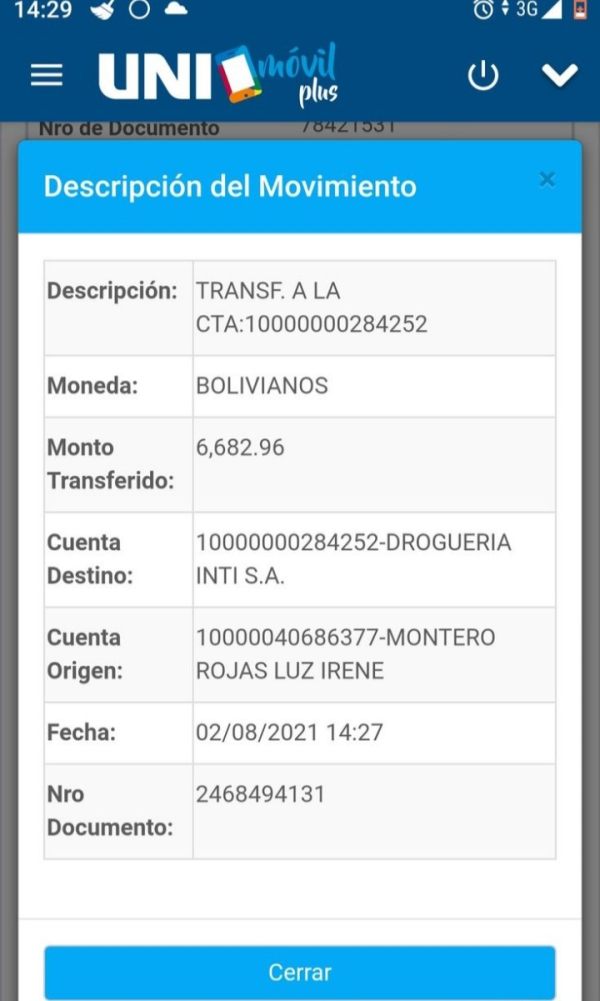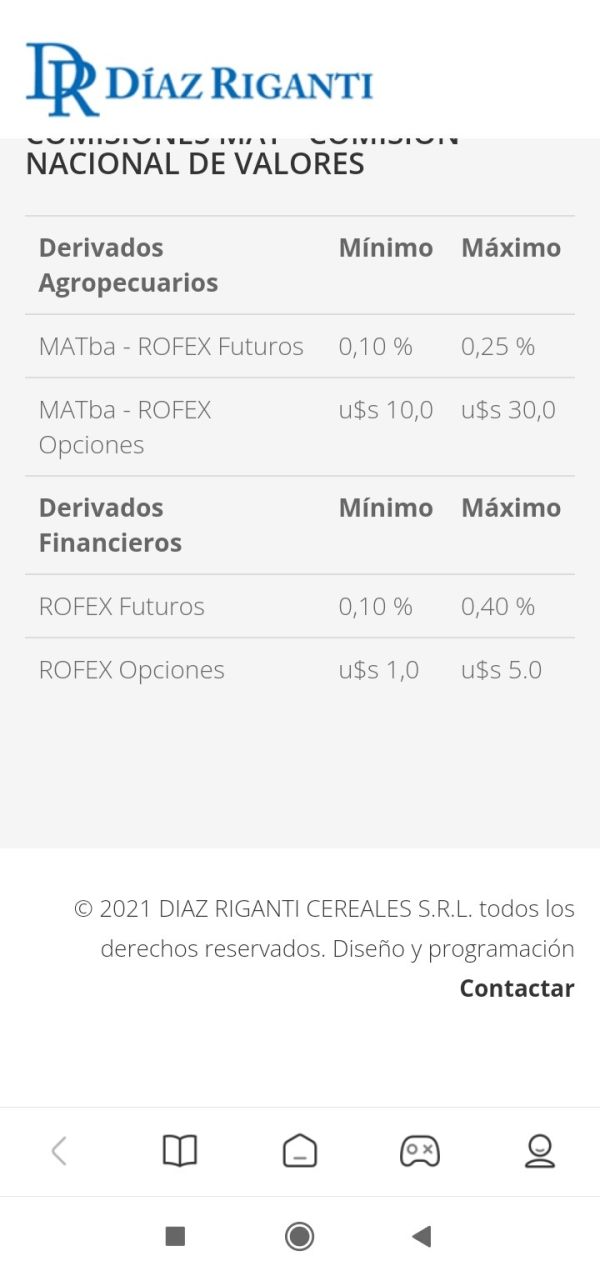DRC 2025 Review: Everything You Need to Know
Summary
This drc review presents a complete analysis of the Democratic Republic of Congo's forex trading landscape and related services. The DRC's financial system operates under the oversight of the Banque Centrale du Congo, though specific rules for forex trading remain underdeveloped. The region shows growing interest in forex trading. About 11 online brokers have been identified as appropriate for Congo-based traders. However, the lack of dedicated forex regulatory bodies creates uncertainty for traders seeking regulated environments.
The DRC's economy shows signs of growth and technological advancement, but political instability continues to impact the overall investment climate. Conflicts in eastern regions involving M23 rebels particularly affect the investment environment. This review aims to provide traders with essential information about operating in the DRC's emerging forex market. However, complete data remains limited due to the new nature of the local financial services sector.
Important Notice
This drc review is based on available information about the Democratic Republic of Congo's forex trading environment and regulatory landscape. Given the changing nature of financial regulations in the DRC and the absence of a dedicated forex regulatory body, traders should exercise caution and conduct additional research. The information presented reflects the current state of the market as of 2025. Regulatory frameworks may change as the country develops its financial oversight mechanisms.
Cross-border trading regulations may vary, and international brokers operating in the region may be subject to different regulatory requirements. This evaluation should be considered alongside current political and economic conditions. Ongoing conflicts in eastern DRC regions may affect trading operations and fund security.
Rating Framework
Broker Overview
The Democratic Republic of Congo represents an emerging forex trading market within Central Africa. It is characterized by gradual adoption of online trading platforms and increasing interest in global financial markets. According to recent analysis, the DRC is embracing forex trading with both local and international online brokers providing access to global markets.
The financial landscape operates under the supervision of the Banque Centrale du Congo, which serves as the primary financial regulatory authority. However, it lacks specialized forex trading oversight mechanisms. The drc review landscape reveals that approximately 11 online brokers have been identified as appropriate for Congo-based traders.
This indicates growing market interest despite regulatory limitations. The country's financial system reflects broader economic development trends, with technology adoption and economic growth creating opportunities for financial services expansion. However, the absence of a dedicated forex regulatory framework means traders must rely on international broker regulations and exercise heightened care when selecting trading partners.
Regulatory Environment: The DRC operates without a specific forex regulatory body. Financial oversight is provided by the Banque Centrale du Congo, which creates a regulatory gap that traders must navigate carefully.
Deposit and Withdrawal Methods: Specific information about local payment methods and banking integration for forex trading remains limited in available documentation.
Minimum Deposit Requirements: Concrete data regarding minimum deposit requirements for DRC-based traders is not detailed in current market analysis.
Promotional Offers: Information about specific promotional offerings for Congo-based traders is not fully documented in available sources.
Tradeable Assets: The range of tradeable instruments available to DRC traders through various platforms is not specifically detailed in current market reviews.
Cost Structure: Detailed information about spreads, commissions, and fees specific to the DRC market is not extensively documented in this drc review analysis.
Leverage Options: Specific leverage ratios available to Congo-based traders are not clearly outlined in available market information.
Platform Selection: While 11 brokers are noted as appropriate for the region, specific platform details are not fully covered.
Regional Restrictions: Potential limitations for DRC-based traders are not specifically detailed in current market analysis.
Customer Support Languages: Information about local language support availability is not specified in available documentation.
Account Conditions Analysis
The account conditions landscape for DRC-based traders presents significant information gaps that potential users must consider carefully. Available market analysis indicates that while 11 online brokers are deemed appropriate for Congo traders, specific details about account types, minimum deposits, and special features remain largely undocumented. This lack of transparency reflects the emerging nature of the forex market in the DRC and the absence of standardized regulatory requirements that typically govern account offerings in more established markets.
The regulatory oversight provided by the Banque Centrale du Congo does not extend to specific forex trading account standards. This leaves individual brokers to establish their own terms and conditions. This drc review analysis suggests that traders must conduct extensive individual research with each broker to understand available account options.
The absence of Islamic account information, leverage restrictions, and account verification procedures in available documentation highlights the need for direct broker consultation. International brokers serving the DRC market may offer different account conditions compared to their offerings in regulated jurisdictions. This requires careful comparison and evaluation by prospective traders.
The trading tools and resources available to DRC-based traders reflect the broader challenges of operating in an emerging forex market with limited local financial technology infrastructure. Current market analysis does not provide specific details about research resources, analytical tools, or educational materials specifically tailored for Congo-based traders. This gap suggests that traders may need to rely on international broker offerings and third-party resources to access complete market analysis and trading support.
The technological infrastructure supporting forex trading in the DRC appears to be in development stages. Growing economic conditions and technology adoption create potential for improvement. However, the absence of detailed information about automated trading support, research capabilities, and educational resources in available documentation indicates that traders should verify tool availability directly with individual brokers.
The limited local financial technology development may impact the sophistication of available trading tools compared to more established markets. This requires traders to adapt their strategies accordingly.
Customer Service and Support Analysis
Customer service quality and availability for DRC-based traders remains largely undocumented in current market analysis. This creates uncertainty about support standards and responsiveness. The absence of specific information about customer service channels, response times, and service quality metrics suggests that support experiences may vary significantly between different brokers serving the Congo market.
Without dedicated local regulatory requirements for customer service standards, international brokers may provide varying levels of support to DRC-based clients. The lack of detailed information about multilingual support, local time zone coverage, and problem resolution procedures indicates that traders should prioritize customer service evaluation when selecting brokers. The emerging nature of the DRC forex market means that customer service infrastructure may be less developed compared to established trading jurisdictions.
Traders should verify support availability, communication channels, and service quality directly with brokers before committing to trading relationships. This is particularly important given the potential for communication challenges and time zone differences.
Trading Experience Analysis
The overall trading experience for DRC-based traders appears to be shaped by the emerging nature of the local forex market and the limited availability of complete platform information. Current analysis indicates that while multiple brokers serve the region, specific details about platform stability, execution quality, and trading environment characteristics are not extensively documented. This drc review suggests that trading experiences may vary significantly depending on the chosen broker and their technological infrastructure.
Platform functionality and mobile trading capabilities for Congo-based traders are not specifically detailed in available market documentation. This indicates potential limitations in advanced trading features. The absence of concrete data about order execution quality, platform reliability, and trading environment optimization suggests that traders should conduct thorough testing and evaluation before committing significant capital.
The developing technological infrastructure in the DRC may impact trading experience quality. This requires traders to have realistic expectations about platform capabilities and performance compared to more established markets.
Trust and Safety Analysis
Trust and safety considerations for DRC-based forex trading present significant challenges due to the absence of dedicated regulatory oversight and limited transparency in available market information. The reliance on the Banque Centrale du Congo for general financial oversight, without specific forex trading regulations, creates uncertainty about trader protection and fund security measures. This regulatory gap means that traders must rely primarily on international broker regulations and their own research to assess safety standards.
The ongoing political instability in eastern DRC regions, including conflicts involving M23 rebels, adds additional risk considerations for traders operating in the region. While these conflicts may not directly impact online trading activities, they contribute to overall country risk assessments that international brokers may consider when providing services. The absence of detailed information about fund protection measures, segregated account requirements, and dispute resolution mechanisms in available documentation emphasizes the need for careful broker selection and risk management strategies.
User Experience Analysis
User experience information for DRC-based forex traders is notably limited in available market analysis. This reflects the emerging nature of the local trading community and the absence of complete user feedback documentation. The lack of specific user satisfaction data, interface design reviews, and usability assessments suggests that the trading community in the DRC is still developing.
Limited established feedback mechanisms exist for sharing experiences and recommendations. The registration and verification processes for Congo-based traders are not detailed in current market documentation. This indicates potential variations between different brokers and possible complications related to local documentation requirements.
Fund operation experiences, including deposit and withdrawal procedures, are not specifically documented. This suggests that traders should verify these processes directly with brokers. The absence of common user complaint patterns or improvement suggestions in available analysis indicates that the user experience landscape is still evolving as the market matures.
Conclusion
This drc review reveals a forex trading landscape characterized by emerging opportunities and significant information gaps that reflect the developing nature of financial services in the Democratic Republic of Congo. While approximately 11 brokers are identified as appropriate for Congo-based traders, the absence of dedicated forex regulation and limited market transparency create challenges for complete evaluation. The oversight provided by the Banque Centrale du Congo, while providing general financial supervision, does not extend to specific forex trading standards.
This requires traders to exercise enhanced research and careful decision-making. The DRC forex market appears suitable for traders who understand emerging market risks and can navigate limited regulatory frameworks while conducting thorough individual broker research. The main advantages include growing market access and increasing broker interest in the region.
Significant disadvantages include regulatory uncertainty, limited market transparency, and ongoing political instability in certain regions. Prospective traders should prioritize direct broker verification, complete risk assessment, and conservative capital management when considering forex trading operations in the DRC market environment.










